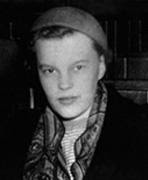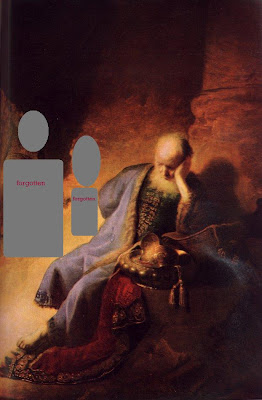In this last couple days, this set of five unexpectedly filled up with comix -- and not highbrow stuff either; DC, Marvel and daily strips. But you know what? I enjoyed it all. And a heckuvalot more than the crap Colette book I read, I'll tell you that much.
035) The Complete Peanuts 1965 - 1966
- It's hard to express exactly how much I love these books. This one had the beginning of Snoopy's writing career (he began as a success!!!), the first appearance of Peppermint Patty, and the horrifying burning down of Snoopy's house (he lost his Van Gogh!).
Schulz deserves all the accolades. Peanuts is better than Krazy Kat or Calvin & Hobbes. It's simply the best strip that ever there was.
Time to buy the next box set!
month and a half
034 Nextwave: Agents Of H.A.T.E Volume 1: This Is What They Want
- I don't really know what possessed me to check this book out from the library. Nothing about it looked good. But sometimes just being on the New shelf is enough.
I'm glad I did. It was a riot.
Here's some clips:

033) Batman: Hush, Vol. 2
- So volume one was underwhelming. Volume two was more intriguing but not that impressive till I was slapped with the biggest twist I can remember in a superhero comic.
I don't read a lot of superhero comics -- especially now that I don't have a Master Fob around to lend me any -- but they're a genre with potential occasionally tapped.
I can't say this was great literature, but it was definitely entertaining. I'm glad I had enough background knowledge to appreciate it as I did(can you identify all three Robins?), and I'm glad I'm not fifteen anymore. Jim Lee's women are really hard to manage when your blood is 25% testosterone.
(Although the sexiest Harley is still the animated one. And the funny thing is, her anatomy might even be possible.)
Anyway, I wish I had more to say about such a heralded title. The cover design is terrific. The story is enjoyable. The twists were surprising. It avoided most of my complaints about flagship titles. I'm glad a student lent it to me.
That's about it.
one day of testing
032) Batman: Hush, Vol. 1
- Jury's out till I finish the second volume. Though my biggest impressions so far are these: Catwoman is hot; that flying dog is the most ridiculous thing ever.
a bart ride
031) Chéri
- The first few pages of this book were confusing. A man and woman getting out of bed in the morning and arguing over pearls. Seemingly. I was perplexed until I figured out that Chéri, the title character, was a man. I guess, in retrospect, the lack of a terminal e should have made that plain, but highschool French was a long time ago. Also, I thought the title character would be the woman on the cover:
Previously:
- 030) Wyrd Sisters
.png)



 .
.

